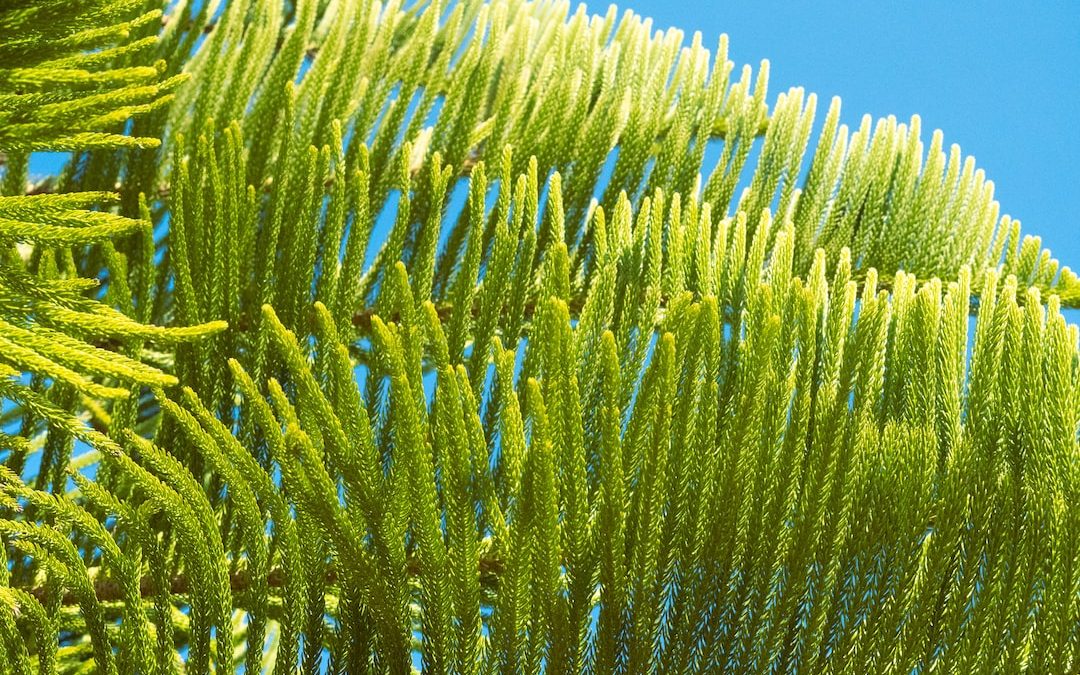Table of Contents
The Benefits of Coastal Area Plants for the Ecosystem
Introduction
Coastal areas are vital for the health of terrestrial and aquatic ecosystems. The presence of coastal plants provides food, shelter, and protection to the wildlife within the area, and also helps to regulate the water cycle and purify the air. There are many different species of coastal plants, each with unique benefits for the environment. In this article, we will discuss the various benefits of coastal area plants for the ecosystem, and how they can help to maintain a healthy environment.
Purifying the Air
One of the main benefits of coastal area plants is their ability to purify the air. Coastal plants are excellent air purifiers, as they absorb pollutants from the air and release oxygen. This helps to keep the air clean and reduce the effects of air pollution. Additionally, coastal plants can help to reduce greenhouse gases, such as carbon dioxide, in the atmosphere. This helps to mitigate the effects of climate change, as well as improving air quality.
Regulating the Water Cycle
Coastal plants are also important for regulating the water cycle. Coastal plants can absorb water from the ground and release it into the atmosphere, helping to regulate the water cycle and prevent flooding. Additionally, coastal plants can help to reduce erosion by trapping sediment in their roots. This helps to protect the coastline from erosion and keeps the area safe for wildlife.
Providing Food and Shelter
Coastal plants are also important for providing food and shelter for wildlife. Many species of birds and small mammals depend on coastal plants for food and shelter. Additionally, coastal plants provide a habitat for many species of fish, which feed on the insects and small crustaceans that live in the plants. This helps to maintain a healthy population of aquatic life in the area.
Preventing Soil Erosion
Coastal plants are also important for preventing soil erosion. Coastal plants have deep and extensive root systems that help to keep the soil in place. This helps to prevent the soil from being washed away by the waves and storms. Additionally, coastal plants can help to protect the coastline from erosion by trapping sediment in their roots.
Providing Habitat for Wildlife
Coastal plants are also important for providing habitat for wildlife. Coastal plants provide food, shelter, and protection for many species of birds, mammals, and fish. Additionally, coastal plants provide a habitat for many species of insects, which help to maintain the balance of the ecosystem.
Improving Water Quality
Coastal plants are also important for improving water quality. Coastal plants can help to reduce the amount of pollutants that enter the water, which helps to keep the water clean. Additionally, coastal plants can help to reduce the amount of sediment in the water, which helps to keep the water clear.
Reducing Coastal Pollution
Coastal plants can also help to reduce coastal pollution. Coastal plants can help to absorb pollutants from the water, which helps to keep the water clean. Additionally, coastal plants can help to reduce the amount of sediment in the water, which helps to keep the water clear.
Protecting the Coastline
Coastal plants are also important for protecting the coastline. Coastal plants can help to trap sediment in their roots, which helps to prevent erosion. Additionally, coastal plants can help to reduce the impact of storms by absorbing the waves and reducing the amount of erosion.
Providing Shade and Cooling
Coastal plants are also important for providing shade and cooling. Coastal plants can help to reduce the temperature of the area, which helps to keep wildlife cool. Additionally, coastal plants can help to provide shelter from the sun, which helps to reduce the effects of sunburns and skin damage.
Providing Nutrients for the Soil
Coastal plants are also important for providing nutrients for the soil. Coastal plants can help to breakdown dead organic matter, which helps to release nutrients into the soil. Additionally, coastal plants can help to reduce the amount of pollutants in the soil, which helps to keep the soil healthy.
Preventing Invasive Species
Finally, coastal plants can help to prevent invasive species from taking over the area. Coastal plants can help to provide a barrier to the spread of invasive species, which helps to protect the native species in the area. Additionally, coastal plants can help to reduce the amount of nutrients in the water, which can help to prevent invasive species from taking over.
Conclusion
In conclusion, coastal area plants have many benefits for the ecosystem. Coastal plants can help to purify the air, regulate the water cycle, provide food and shelter for wildlife, prevent soil erosion, improve water quality, reduce coastal pollution, protect the coastline, provide shade and cooling, provide nutrients for the soil, and prevent invasive species from taking over. By taking the time to understand and appreciate the importance of coastal area plants, we can help to protect and preserve the environment.












